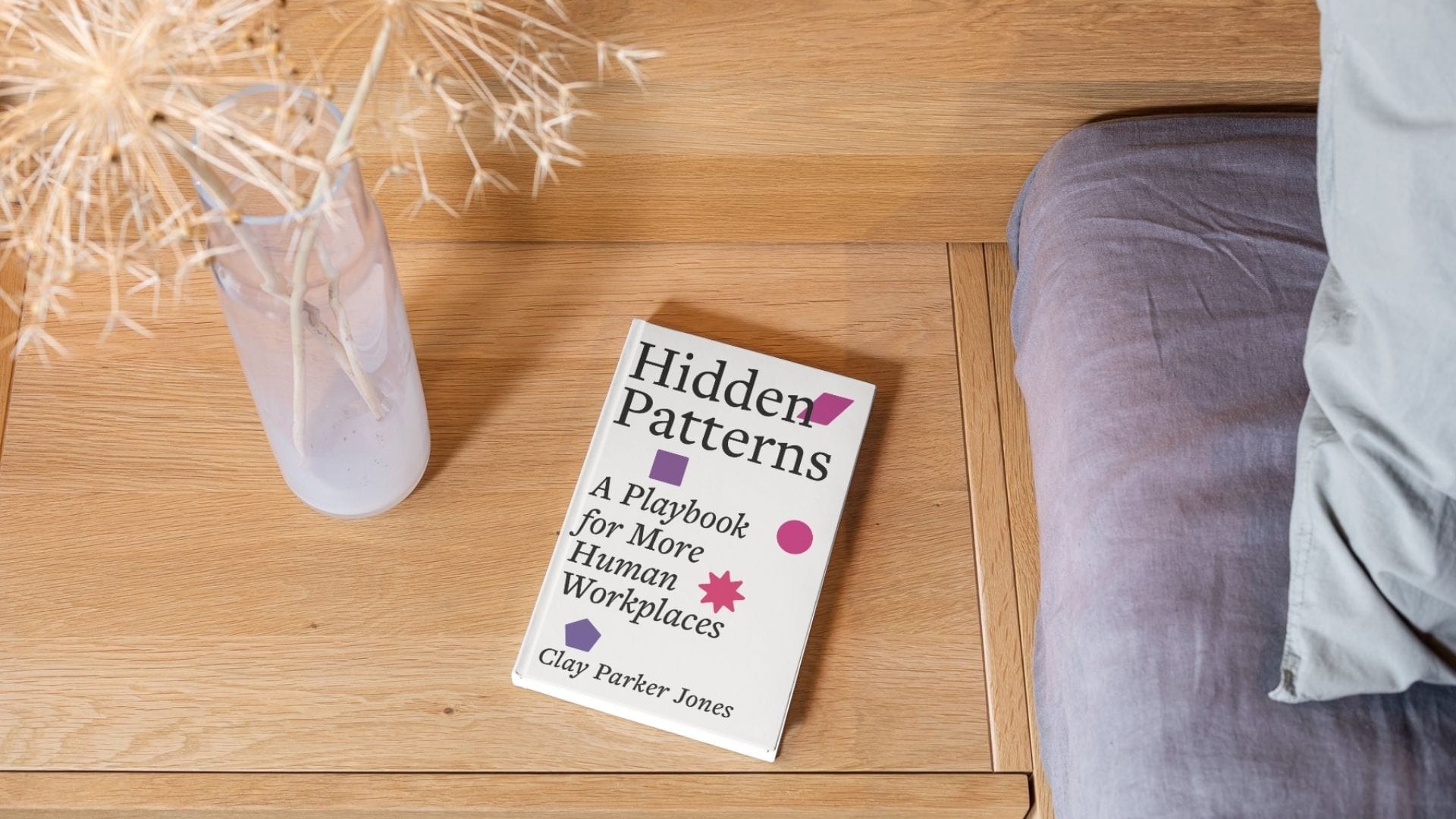The Hidden Patterns Gift Guide
Gifts for the systems thinker/tinker-er in your life. Or for yourself, if you fit that description!
Essays and occasional newsletters about the future of organization design.

Gifts for the systems thinker/tinker-er in your life. Or for yourself, if you fit that description!
TL;DR: We lack a shared, rigorous way to assess an entire organization – most tools either miss key drivers or apply only to specific domains. By meta-analyzing 102 criteria from 14 seminal sources, from Rams’ Design Principles to the Agile Manifesto to Jane Jacobs' Generators of Diversity, this post
Hundreds of thousands of hours are getting wasted on bad decision-rights. It’s got to stop. (Contains at least two good ways to fix this problem.)
Centralization isn't a good thing or a bad thing. It's a pendulum that swings back and forth, and the key is to centralize and decentralize with intention. And to learn from what you've done.
Selling personal super-intelligence; trust & safety heading for the exits; raw compute vs. the junk drawer; Wall Street loves shrinking payrolls; the first targets are email jobs
Krugman on enshittification; a mission-driven reset at Microsoft; how Y2K wasn't a thing because of massive multiplayer cooperation; Medium's reboot story; Figma's S-1
Pattern languages and org analysis; RTO is bad, even if offices are good; old maps made 3D; diverging values worldwide; exit interviews
Challenges facing creativity; owning ideas from beginning to end; opinionated palettes; are we doing zines again?; randomness that didn’t fit in the first four categories
Organizational health essential for firm performance; Avinsa; the heat death of Google; team performance research; platform teams @ PepsiCo
Daily observations on organization design.